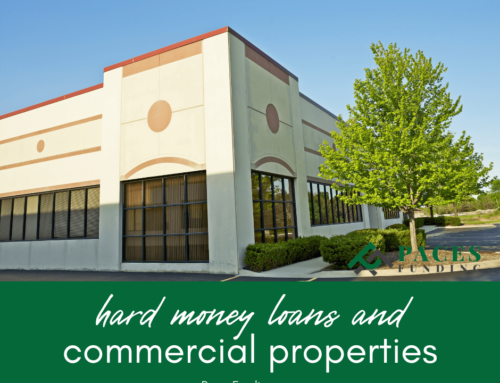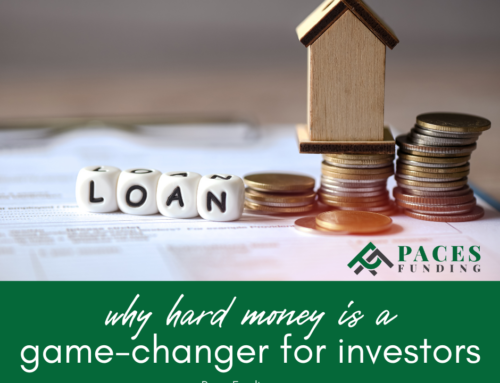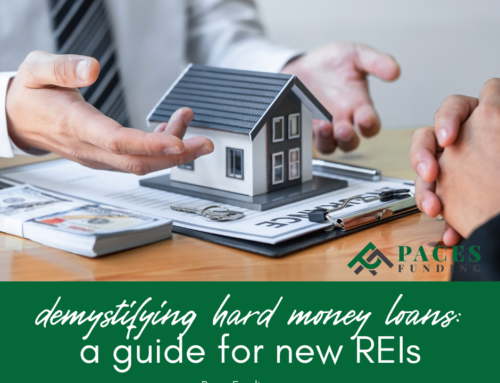
How Do Hard Money Lenders Work?
Hard money lenders take a different route when lending than traditional lenders do – and that can be very beneficial to real estate investors.
How Do Hard Money Lenders Work?
Hard money lenders typically lend based on collateral, so they’re less inclined to worry about the lender’s ability to repay the loan than a conventional lender would be. The value of the collateral often outweighs the borrower’s financial position.
Conventional lenders show extreme interest in credit scores and income, whereas those things aren’t as important when you’re taking out a hard money loan (they’re still important, but they’re not always “deal-breakers”). A solid borrowing history and proof of an ability to repay the loan can be enough to give you the green light. For many people, the traditional loan process can be slow (even with ample income and favorable credit scores). A negative item on a credit report can delay, or even prevent, the borrower from getting approved.
The borrower can expect a hard money loan to be short-term; the maximum term is usually around 5 years. Interest rates for hard money loans may also be a little higher than traditional loans. However, hard money loans do come with benefits.
- Speed of Lending – Borrowers can expect the lenders to close quicker. Hard money lenders can close deals that other lenders cannot.
- Flexibility – Borrowers are not subject to a traditional underwriting process. Hard money lenders evaluate each deal separately.
- Loan Approval – For hard money lenders, one of the most important factors is the borrower’s collateral. The lender can lend as much money as the collateral is worth.
Do You Need a Hard Money Loan to Buy an Investment Property in Atlanta?
If you’re looking for a hard money loan in Atlanta, we may be able to help you.
Call us at 404-814-1644 or contact us online to find out whether you might qualify for this type of funding. In the meantime, check to ensure that you meet our loan criteria. Our loan amounts can be up to 65 percent of the after-repaired value of the collateral—and if you use the loan for renovation or construction, the loan amount can be based on the collateral’s improved value.
Read our frequently asked questions and take a few minutes to learn about the hard money loan process.














